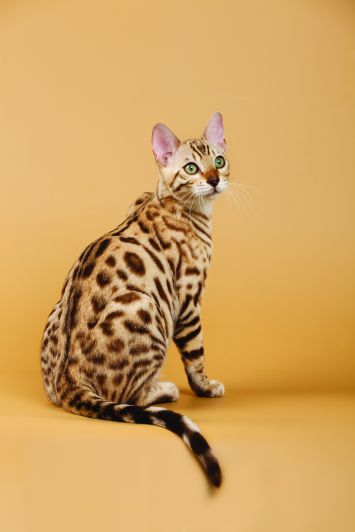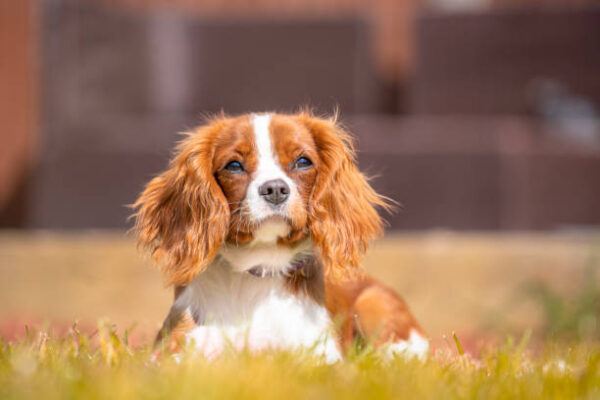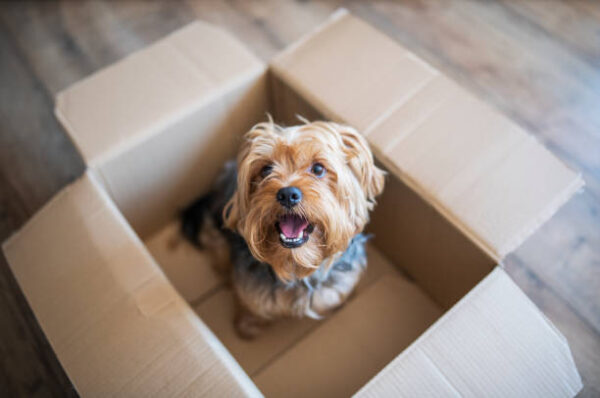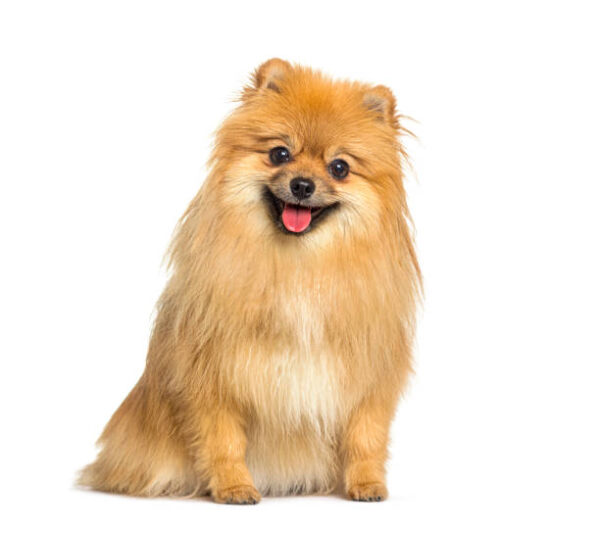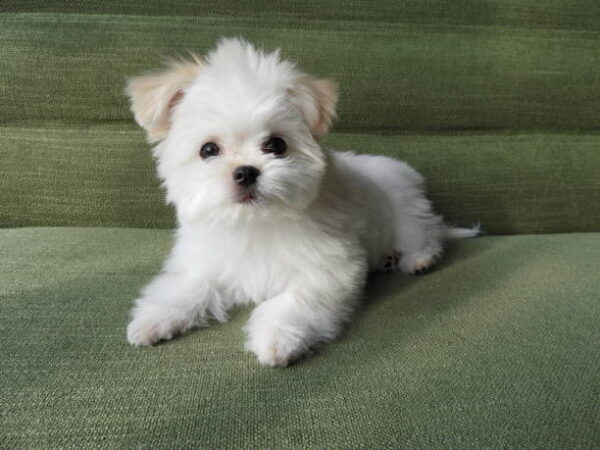Your cart is currently empty!
Bengal
Bengal The Bengal is a domestic cat that has physical features distinctive to the small forest-dwelling wildcats, and with the loving, dependable temperament of a family pet. As such, some characteristics in the appearance of the Bengal are distinct from those found in other domestic cat breeds. Personality The Bengal may look like a wild […]
Description
Bengal
The Bengal is a domestic cat that has physical features distinctive to the small forest-dwelling wildcats, and with the loving, dependable temperament of a family pet. As such, some characteristics in the appearance of the Bengal are distinct from those found in other domestic cat breeds.
Personality
The Bengal may look like a wild cat, but some say this breed is as lovably friendly as any domestic cat. Full of life and very people-oriented, Bengals are playful, gregarious, energetic cats with a generous dose of feline curiosity. Fans of the Bengal rave about their personality and playful antics. Bengals form strong bonds of love and loyalty with their families, and become faithful, affectionate, fun-loving friends, provided you meet them halfway and give them the love they need in return.
History
The Bengal breed originated as a hybrid of a domestic cat (Felis silvestris catus) and a leopard cat (Prionailurus bengalensis). The leopard cat looks very much like a domestic cat, except for the larger, snapping eyes, pronounced whisker pads, longer legs, and brilliant leopard-style markings. It looks, in fact, like a miniature leopard.
The Bengal breed began when a female leopard cat was purchased from a pet store. Unlike today, at the time leopard cats could be purchased at pet stores in the United States. This is no longer the case due these cats special needs and state requirements. The intent of purchasing the leopard cat was not to create a new breed of cat, the individual, Jean Mill, simply wanted a unique pet.
Physical Attributes
Body
Torso long and substantial, not oriental or foreign. Medium to large, but not quite as large as the largest domestic breed. Boning is sturdy and firm; never delicate. Very muscular, especially in the males; one of the most distinguishing features.
Head
Broad modified wedge with rounded contours. Longer than it is wide. Slightly small in proportion to body, but not to be taken to extreme. Skull behind the ears makes a gentle curve and flows into neck. Overall look of head is often distinct from the domestic cat. Strong chin, aligns with tip of nose in profile. Muzzle full and broad, with large, prominent whisker pads and high, pronounced cheekbones. Slight muzzle break at the whisker pads. Nose large and wide; slightly puffed nose leather.
Ears
Medium to small, relatively short, with wide base and rounded tops. Set as much on side as top of head, following the contour of the face in the frontal view, and pointing forward in the profile view. Light horizontal furnishings are sometimes seen.
Eyes
Oval, almost round. Large, but not bugged. Set wide apart, back into face, and on slight bias toward base of ear. Eye color independent of coat color except in the lynx points. The more richness and depth of color the better.
